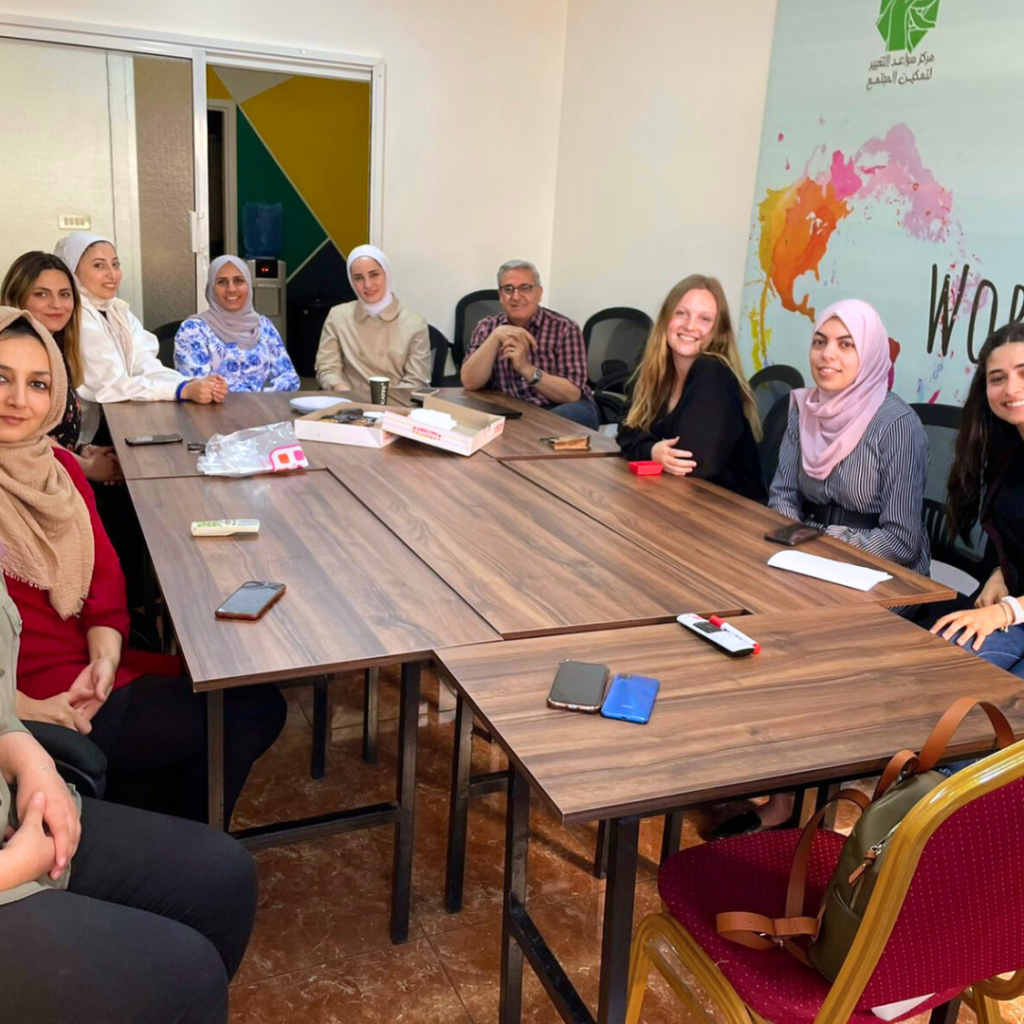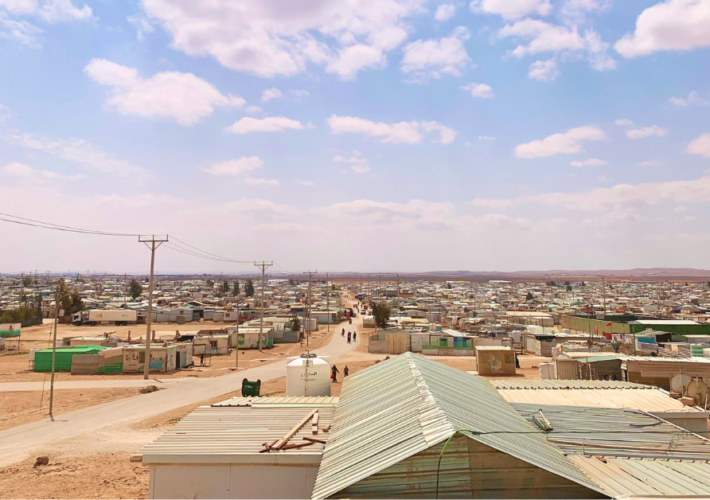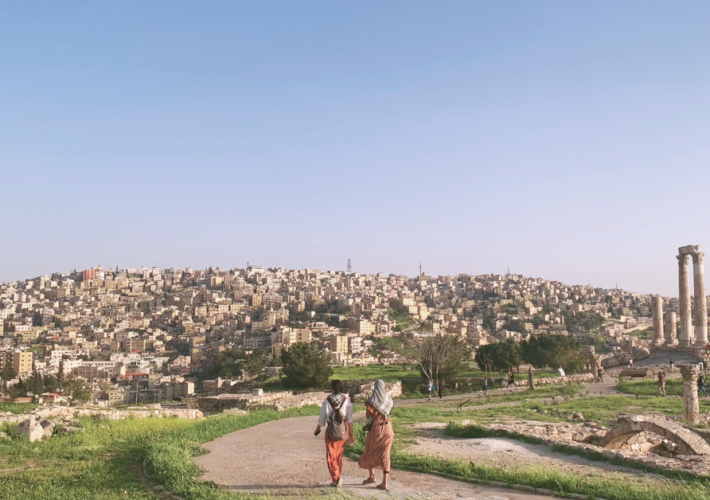Recently, I shared online a bit about myself and the type of travel experience next on my bucket list. To my surprise, several people reached out to me, hungry for more information about my day job in the international development sector. Talk about the unexpected!
This inspired me to write a blog post to share with you some of my hard-earned tips for venturing into the international development sector. These insights will paint a realistic picture of the challenges and need-to-knows of this niche career path.
If you’re reading this, I’m going to assume you didn’t just randomly stumble here (but if you did, welcome and please stay!). Rather, you were like me at one point, frantically searching Google “How do I get into the humanitarian field”, and like me, you probably found zilch that was helpful. So, without further ado, here is the raw advice I wish I had.
1. There is no Entry-level
Yes, you heard that right (although a select few still find the needle in the 10000+ acre hay field). I felt so hopeless in my job search. International development is NOT your ordinary career path, so don’t bother comparing yourself to your friends and family. It is simply not comparable.
So, they expect me to enter at a mid-level position with at least 3-4 years of experience. How do I do that? It reminded me of the first time I applied for a credit card. The banker said, “You need to have credit before I can give you a credit card”. WHAT!? It’s a catch-22. Accept it.
Here’s the solution: internships and volunteer work. I refrain from calling them your sudo entry-level simply because they are historically unpaid or rather you have to pay!
Don’t let this dissuade you though. The international development sector is incredibly profitable once you get in. I have co-workers making six figures (we can talk about when it is or isn’t ethical to make that much in this career in a later post).
2. Internships & Volunteering
I’m going to save the specifics for another time, as I can’t capture it all here without you reading a novel in the process.
But remember the golden rule: don’t be dead set on the big players.
UN internships are the stereotypical go-to for young professionals. There’s always gonna be that one person from class who volunteered with Save the Children in Uganda. The kicker is while these are great opportunities, they are also highly competitive and, in my opinion, not necessary to make it. Learn the system, you’ll steadily progress and open doors to more significant opportunities in time.


Community-based organizations or national NGOs are working just the same at the epicenter of the cause you care about. However, unlike those bigger organizations, they are underfunded and, dare I say, desperate for help. You’ll be given more responsibility, your ideas will be taken more seriously, and there will be less bureaucracy hindering your learning. This is solely how I got my start, and it saved me time and money. Now, I help manage USAID projects in several conflict zones around the world.
3. Invest in a practical skill
It’s highly improbable that they’ll immediately dispatch you to the heart of a crisis to work on a project (remember, you don’t even have 3-4 years of experience at this point!).
Although the international development sector has incredibly romanticized it, it operates practically rather than idealistically. You need to bring something to the table.
Depending on your desired role or context, here is an idea of the kind of skill sets you might need:
- Data & Knowledge Management
- GIS and Mapping
- Communications & Graphic Design
- Monitoring and Evaluation (M&E)
- Emergency Response and Disaster Management
- Security & Operations
- Project Management
- Language
- Financial Management
4. You need at least a bachelors degree
On a lot of job openings (even those for volunteering), there is going to be an educational requirement. This often looks like having a relevant bachelor’s degree with 3-4 years of experience OR having a master’s degree with 1-2 years of experience. Anything in the humanities will work. Here’s a link for some of the top choices. For reference, mine was a B.A. in Global Studies with minors in MENA and Global Service/Peace Corps Prep.
I know I just talked about practical skills and their importance, so you may be wondering why you even need a degree then?
I have often asked this same question myself. It’s true that most things employers look for in this career field, you don’t learn in the classroom. Regardless, there is a certain necessity to set apart those who are serious about humanitarian work or those who just want to be benevolent. If your primary motivation is the latter, then this is probably not the career for you (maybe this is a controversial opinion but I said it).
In this career field, you are dealing with foreign governments, thousands and often millions of dollars, sensitive social issues, and war. Resources are sparse and time is everything as the beneficiaries are often in life-and-death situations.
When the Ukraine war first started, there was an influx of people on my Instagram feed traveling to Poland to support the refugees. I’m sure those were well-intentioned people. However, it’s essential to remain conscious that you aren’t redirecting resources meant for those in need to yourself due to lack of training. I guarantee you, the last thing any aid worker wants to be doing is babysitting someone who flew from the US because a CNN article about refugees touched them.
5. Where are you from? It matters.
Professionals from Western countries need to work harder to be an asset in the international development sector. One thing everyone quickly learns is that those best placed to help in a crisis are those living it. They know their needs, understand the political and cultural context, and speak the local language.
Most hands-on, in-the-field work reserves positions for nationals of the country in question or individuals with 7+ years of experience. Don’t be surprised if you face rejection for every field position you apply for. If someone is better suited for a position, accept it. While you can have ambition, it’s essential to ask yourself: am I hindering or helping someone by being here?
There are two sides you need to learn to be a well-rounded humanitarian, the administrative and the technical. Look for positions with officer in them (i.e. business development officer, project officer, finance officer, or comms officer). These will likely be in admin, where you can network your way into the technical. I suggest starting your search on ReliefWeb, which is the #1 job board for the international development sector. You can filter opportunities by years of experience, and there are both paid and unpaid options available.
If you are determined to go straight into the field, consider acquiring a hard skill. Some examples of relevant ones are water engineering, medicine, and architecture. There is a need for these.
6. Langauge
Learn a second language! You don’t have to be fluent, although it is a huge asset. Don’t just depend on the classroom. Do a study abroad program and go to a country that speaks that language. I studied Arabic for three years at university and did the following study abroad: SIT Jordan: Refugees, Health, and Humanitarian Action.
Language, infused with culture, provides a valuable perspective. Just having this on your CV will make you stand out from other candidates. Here’s a list of the most in-demand languages for international development.
7. Travel (the best for last!)
It doesn’t matter if you went somewhere as a tourist or as a professional. It sets you APART! I am convinced this is why I have my job today. I built up enough experience before applying yes, but if I had always remained state-side it’s debatable if I would be employed right now.
Think about it realistically. What employer would want to give you a job where you are working on a project in another country, and you’ve not built up any intercultural skills? You’ve never interacted with someone who is of a different language or culture than you. Part of being a good humanitarian is putting yourself in their shoes. How can you do that if you don’t know anything outside of yourself? So, get out there and travel! Write off those travel expenses as building up career experience. Just remember to make sure you are welcome wherever you find yourself.






Leave a Comment